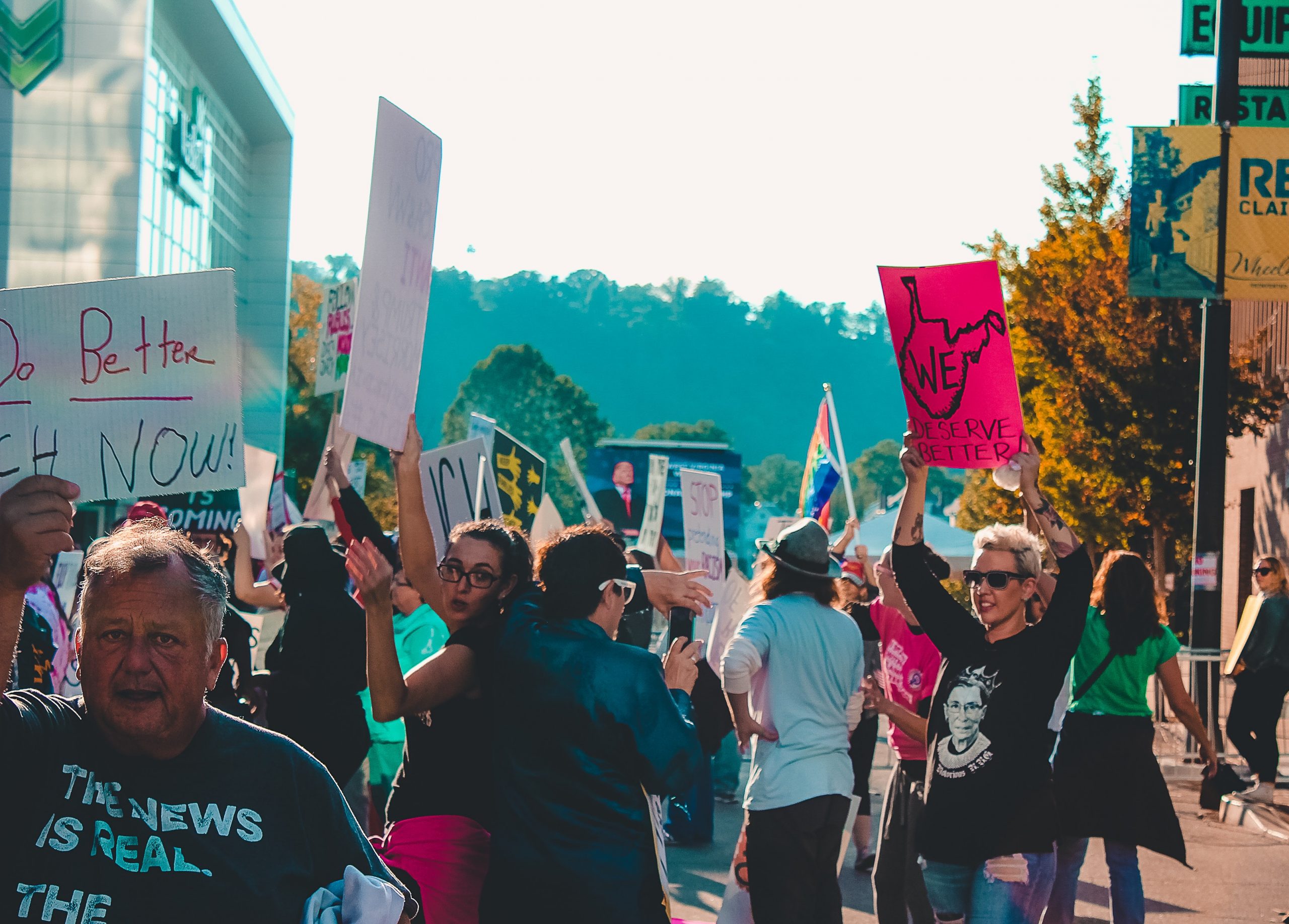In a radically changing and increasingly polarized world, companies face a new dilemma. When major shifts occur, such as the reversal of Roe v. Wade, should they speak out? Does that imply a political bias that could offend some employees, customers, or other stakeholders? On the other hand, if you don’t speak out, do you risk alienating your employees, especially younger ones, who feel it is imperative that companies stand up for their stated values?
There is compelling evidence that speaking out is more and more necessary as employees, especially members of Gen Z, insist that corporate leaders be societal leaders as well. Consumers, too, often vote with their wallets, choosing to buy from organizations that publicly support their values.
Speaking out can be a daunting process, and if DEI isn’t part of the equation, the messaging may not be inclusive or could damage the organization’s reputation.
Here are some of the key takeaways from Seramount’s recent insight paper for Diversity Best Practices members, Top Social Issues Critical for Organizations.
Employees Have Higher Expectations than Ever Before for Employers
Workforce Applying to Organizations with Aligning Values
A July 2022 Qualtrics survey revealed that 54 percent of US employees would take a pay cut to work at a company that aligned with their values, and 56 percent would not consider working for a company whose values they disagreed with. There are serious talent attraction and retention implications for organizations to weigh when deciding whether to take a stand on social issues. Although staying silent has traditionally been the safest route, there is now a risk of losing current and potential employees to companies that speak out. During a time when companies are facing labor shortages, showing commitment to Environmental, Social, and Governance (ESG) topics by speaking out on social issues that affect employees aids the business’s ongoing reputational strategies to attract and keep desirable talent.
Younger Employees Especially Expect Employers to Honor DEI Commitments
Younger employees are conscious about how the places they work can affect other communities and are more willing to make lifestyle changes—including the places they choose to work—than previous generations. According to the 2021 Deloitte Global Millennial and Gen Z survey, 44 percent of Millennials and 49 percent of Gen Z said they have made choices about the type of work they would do and companies they would work for based on their values.
Speaking Out Plays a Powerful Role in Bolstering Employee Engagement
Research shows that 68 percent of employees would consider quitting their current job to join an organization with a stronger viewpoint on the social issues that matter most to them. This trend has been noticeable in the corporate world. For example, people who work for large tech companies are leaving their jobs to work at smaller, often nonprofit, organizations that are taking steps to deal with and/or eliminate the climate crisis. Climatebase, a job-search site that specializes in climate tech and environmental organizations, has had more than 600,000 users since it was launched in 2020. When employers speak out and take action on social issues, employees are twice as likely to express high job satisfaction than the employees of companies that remain silent.
Consumers and Shareholders Expect Brands to Uphold DEI
Consumer Purchasing Habits Being Determined by Values
Along with employees, customers are also looking to companies to be vocal on social issues. According to Barron’s, 60 percent of Americans want consumer-facing companies to have a position on issues such as racial discrimination and social justice. When companies take a stand on social issues, they show potential consumers that the organization’s commitments to DEI are more than just lip service. Customers’ purchasing habits are increasingly being determined by their values. Nearly 46 percent of consumers indicated that they visited a company’s website or searched online before buying to learn about their position on social issues, compared to 23 percent who said they would never do so.
B2B Businesses Being Held Accountable by Clients
There are also B2B implications for companies to consider when speaking out on issues. B2B companies find their clients increasingly expect them to uphold values through initiatives such as supplier diversity and sustainable procurement. According to a survey from global communications agency Hotwire, 80 percent of business leaders would end a business relationship based on the vendor’s failure to have effective crisis communications.
Seramount will be hosting a webinar titled Stand Up or Stay Silent? The Business Benefits of Speaking Out on Social Issues on December 2. Join us to learn more about the business benefits of speaking out and considerations leaders should make when deciding to make a statement, and also hear real–life examples of organizations that have taken stands.
Employees of our Diversity Best Practices member organizations can access the full insight paper here. Interested in learning more about membership and how Seramount can help your organization tackle controversial issues? Contact us.






